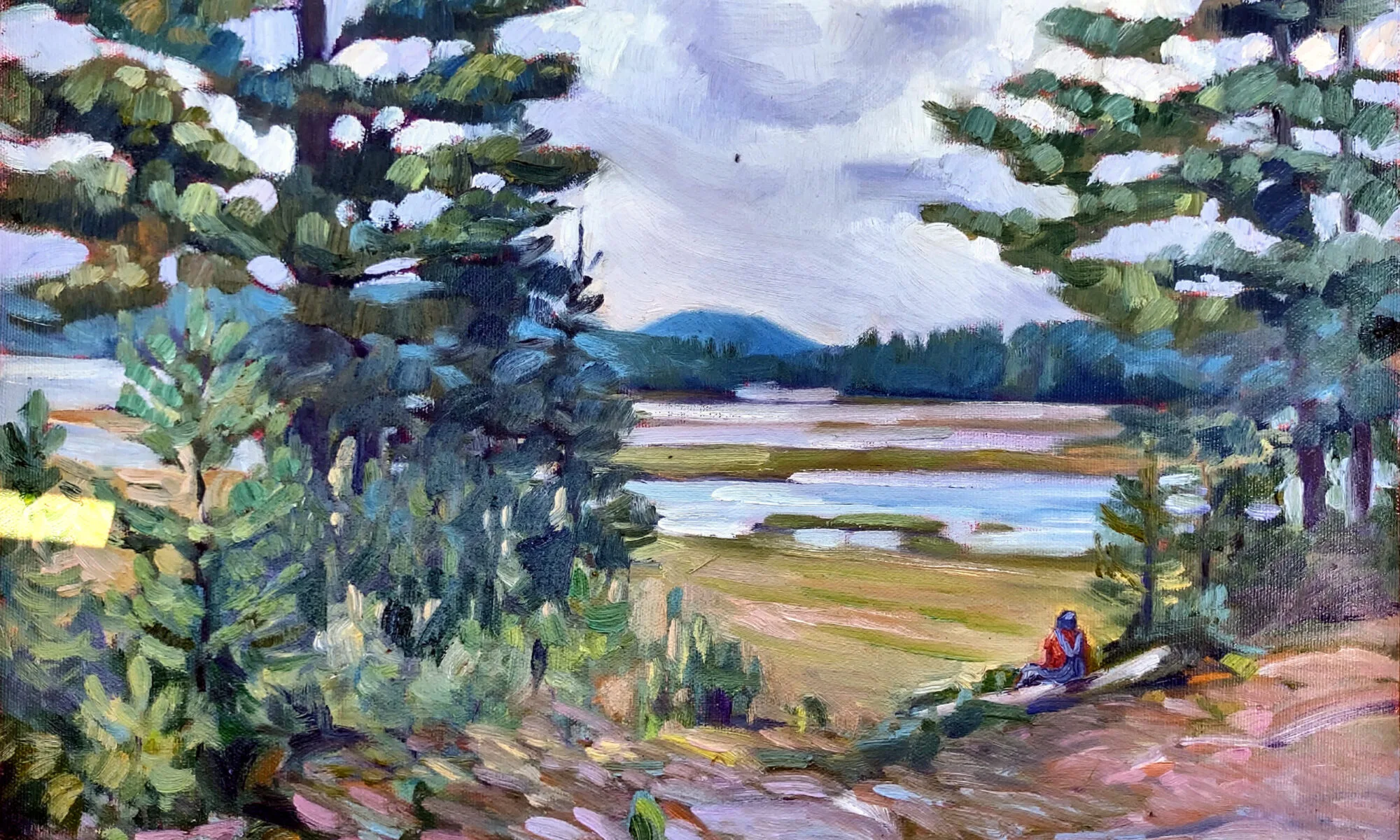Years ago, I rented studio space in a converted warehouse dedicated to artists. For the most part its tenants were serious mid-career professionals who worked there by day and lived elsewhere by night. However, there were also squatters, artists who lived there illegally.
The presence of these squatters was an open secret. The fire department visited regularly to try to flush them out, but the squatters had a sixth sense. In the entire time I rented there, the woman living in the space next to mine was never caught. She worked, which meant she was never around during the day when inspections are carried out.
A clothing designer rented the space on the other side of my studio for her inventory; her workshop was in the next space over. Garment manufacture is a dusty and flammable business. My own studio had shelves full of oil-based solvents and varnishes. We were on the top floor, and the rafters of our 19thcentury building were soaked in creosote, which would drop in fat strings through the still air of hot summer days. Even with sprinklers (which we had), a fire would have been disastrous.
I have been reading about Oakland’s tragic fire in an artist’s collective. There is always a fringe of people in every art community whose major life work appears to be being “arty.” Their spaces are chaotic and, since they’re not great respecters of rules, their stuff often spills out into public areas. Their over-sized personalities make them charismatic, and they draw others into their orbit. It doesn’t surprise me that a pair of middle-aged poseurs thoughtlessly led so many young people to their deaths.
Many artists are terrifically poor. With that comes social isolation. When you’re already paying rent for a studio, it is tempting to move a futon into a corner, add a cook top and refrigerator, and then sort of drift into living there, especially when your friends are doing the same thing.
That is so dangerous. The same building codes that protect people in residential units also raise the cost of building and maintaining those units, but you get what you pay for.
In a nutshell, young artists, if you’re thinking of squatting in your studio, don’t. And if you’re invited to an after-hours party in a collective building, think carefully about whether the space is safe.
Anyways, you have work to do. Being an artist is not a lifestyle; it’s a job. Art poseurs make real artists look shallow and unrealistic. Their talk is just so much hot air. Your real future lies in producing consistent work and finding venues in which to sell it.


